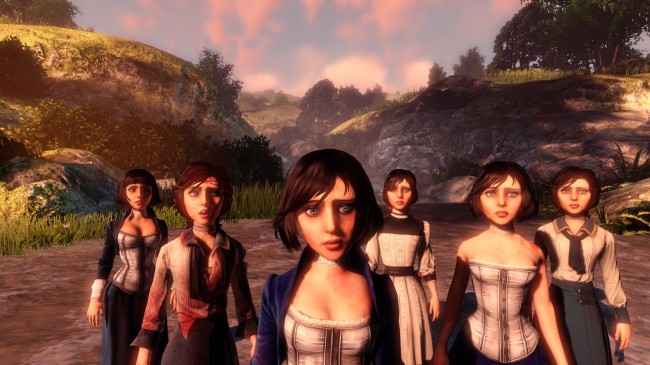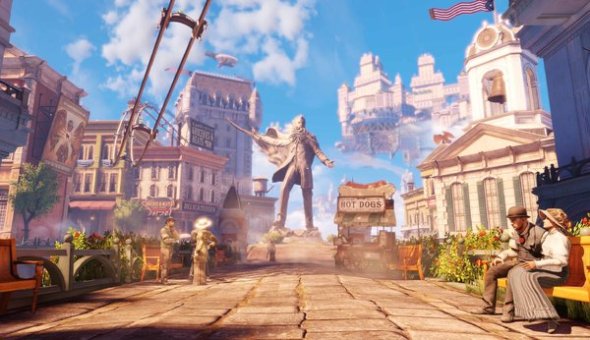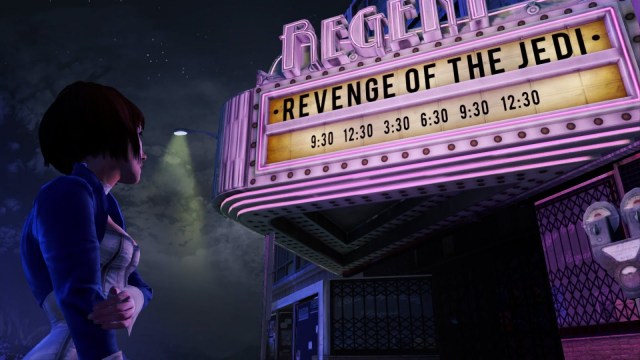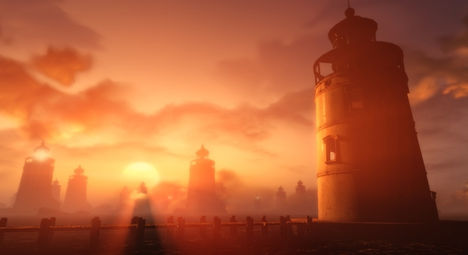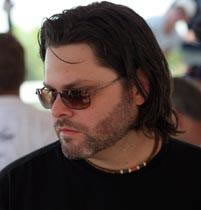Original post at The Common Vision
Snce all of this nonsense about the Crusades has been going on quite long enough, I think it’s time for an intervention, and since the discussion has heated to the point of righteous anger, I think some pugnacity is appropriate. To review: President Obama made a rather boneheaded and apparently off-script comment at the National Prayer Breakfast:
And lest we get on our high horse and think this is unique to some other place, remember that during the Crusades and the Inquisition, people committed terrible deeds in the name of Christ. In our home country, slavery and Jim Crow all too often was justified in the name of Christ.
The conservative responses have been predictably vitriolic but a bit more prolific than usual, adding a touch of pettiness to the backlash. I blame this on the lame duck lull while the President is still relevant, but he’s shown all of his cards and everyone is too tired of him to comment on anything more interesting than his holier than thou attitude. Meanwhile liberal exegetes have taken up the challenge of either defending Obama’s invocation or interpreting his comments so literally as to suggest that he intended no comparison at all between ISIS’s atrocities and those of the crusades.
Probably the most reasonable response is to point out that the President is being falsely self-deprecating since he is the sort of Christian who is not stung by bringing up the church’s past misdeeds, but this does little to cool an argument, (as Ta-Nehisi Coates this week proved) so I propose another method: take this eruption as an opportunity to do some honest reading about the Crusades and stop being so serious about history that, on a normal day, takes up none of our waking hours. I loathe the American habit of ignoring history until somebody brings it up, and then acting as though it’s nothing but a great heap of moral tinder ready to be ignited by the flame of present grievances.
Rodney Stark’s book God’s Battalions is just the sorbet needed to cleanse our peppery palates. Stark’s name is sure to turn up the noses of those on the liberal side of the argument–as his partisan style makes no bones about his fondness for Western civilization over and against its many alternatives–but he is not in fact a Christian apologist. He’s about as religious as Obama is, just with a different ideological temperament.
Stark’s book, was written with the intention of diabusing modern minds from many of the more pernicious myths associated with the Crusades–it was proto-colonialism, Western lords and lordlings enriched themselves with the treasures of the east, the Crusaders were crueler and more uncouth than any other faction involved, the persecution of Jews was systematic–but its stubborn adherence to the facts sets it far off from a celebration of that period as something anyone should be really proud of.
Instead, Stark writes the Crusades true to what it was: a grand and terrible contest between competing civilizations. Sometimes it was a grand mess. It had larger than life personalities–including one scandinavian knight who purportedly punched a horse in the skull, killing it instantly–mishaps, betrayals, heroes and villains. It’s very fun to read about, and I’d highly recommend that one do so. He points out that the Muslim world went along untroubled by the memory of the contest (in which they came out proving their own martial prowess and valor about as often as the soldiers of the cross) until anti-colonial voices of the 19th and 20th Centuries started using them as an allegory for the Modern West’s abusive relationship with weaker nations.
Stark’s book is an invitation to not take all history, particularly those periods that are at a considerable chronological and ideological remove, so damned seriously. Anyway, the truth is that we moderns (Western AND non-Western) have a lot less at stake in a period like the Crusades than this debate would have us think. There are layers to reading history. Certainly there is that of serious moral reflection, but one typically needs to earn that level by careful study or proximity (both chronological and geographical) to the event in question.
There is another, more sensible layer for those of us in the far flung present: that of the epic poem, the nursery rhyme, the embellished legend, the kind of sensibility that turns the unimaginable darkness of global pandemic into “Ring Around The Rosy.” There’s a wisdom to this, overlooked in our polarized present, that says “we’re at such a far remove from this time, this place, that we would probably do it an injustice to try and recreate the living experience of this time or that event, but we can’t forget it.” This is a sense that acknolwledges a humility before the very being of the event, the time, the person, whomever or whatever in the past we’re considering, and admits that we may not be able to comment on it with words beyond what a child could learn and repeat. So we sing, we tell stories, distill it down to its important bits so that we do not forget, but at the same time we practice enough humility not to think that our critical method amounts to a time machine that can put us right back on the muddy lanes of Acre or in the Saladin’s horde and pass judgment on the matter. This doesn’t entirely sideline moral considerations, but it leaves it to another time and another people than ourselves, preferably those who were not so far removed from the time and place to speak most authoritatively on the matter. Certainly, there are some atrocities that are so infamous that they will rightly resist any lighter treatment, but the Crusades–largely a symbolic contest between volunteer armies–is not one of them. We cannot treat every instance of war or conquest like the Holocaust and come out looking anything but simple.
But our pundits, liberals and conservatives alike, are not disposed to take this wondrous view of history, especially when politics is at stake. They’re all like the train of dour flagellants in Ingmar Bergman’s The Seventh Sealwho break up the mummers’ performance, drowning out comedy and creativity in favor of asceticism and doomsaying. I don’t appreciate their tone, not because I am against moral judgments of history, but because the rush to that judgment shortchanges the relish of reading history. There’s a lot of fun to be had reading our red and rowdy past, and we ought not shortcut that sense of fascination and wonder so that we can get straight to what we think of it all.

